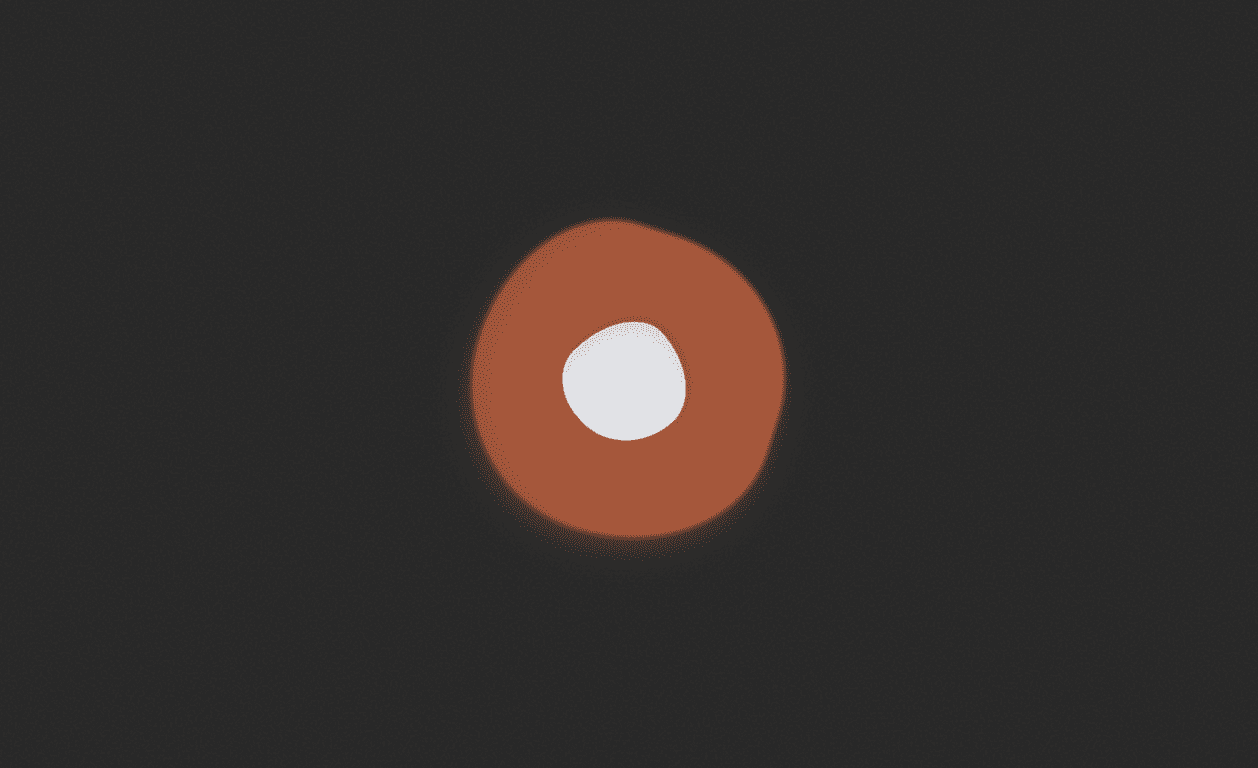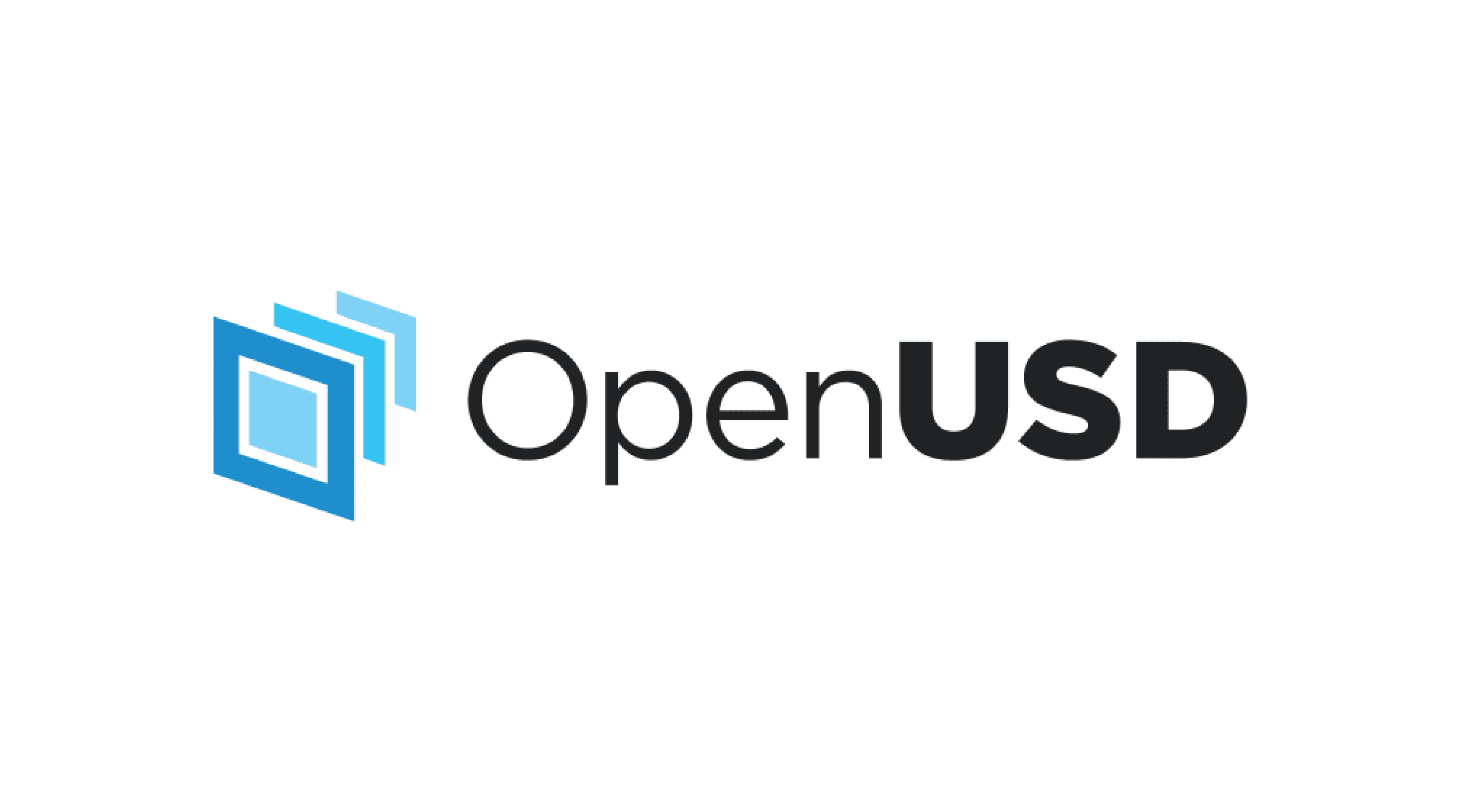

Over the past year and a half, Snapchat has steadily embraced Radiance Fields, starting with MobileR2L within the Snap app, introducing 3DGS support in Lens Studio, a pipeline from Scaniverse into Spectacles V5, and now today we're also getting trainer and pipeline within Lens Studio.
It's worth noting that Snap also owns PlayCanvas, the maker of SuperSplat, further embedding the AR camera company into the Radiance Field ecosystem more than it might initially seem. Unlike Polycam, Scaniverse, and until recently, Luma AI, Snap’s implementation focuses on individual objects rather than larger scenes, offering a workflow that feels somewhat akin to Dolly, albeit serving different purposes.
Previously, creating these captures required training on a separate platform before importing them into Lens Studio. However, with the introduction of Lens Studio 5.3, this barrier to entry has been significantly lowered.
Using Snap’s new trainer requires downloading the Lens Studio desktop app for Mac or Windows. Once installed, you simply sign in with a Snap account to access the Gen AI Studio. While Gaussian Splatting might not typically fall under this designation, the corresponding extension is now housed under the 3D Model feature.
From here you can upload a video of an object you would like reconstructed and type in the focus of the scene. For the below example, I typed in baseball cap. Additionally, you don't need crazy strong coverage. The videos I used were about 20 seconds each.
The platform appears to be cloud-based, meaning your captures are trained off-device. The reconstruction process is swift—usually taking about 10 minutes or less. Once reconstructed, the object can be seamlessly imported into Lens Studio with a single click.
As someone new to Lens Studio, I found the platform surprisingly intuitive. This project took under an hour to complete. There are so many ways to leverage this platform to bring. The original Snap documentation for the workflow can be found here, but please note that the category name has been updated from Gaussian Splatting to 3D Capture in Lens Studio.
Snap's Lens Studio can be downloaded here for free.







